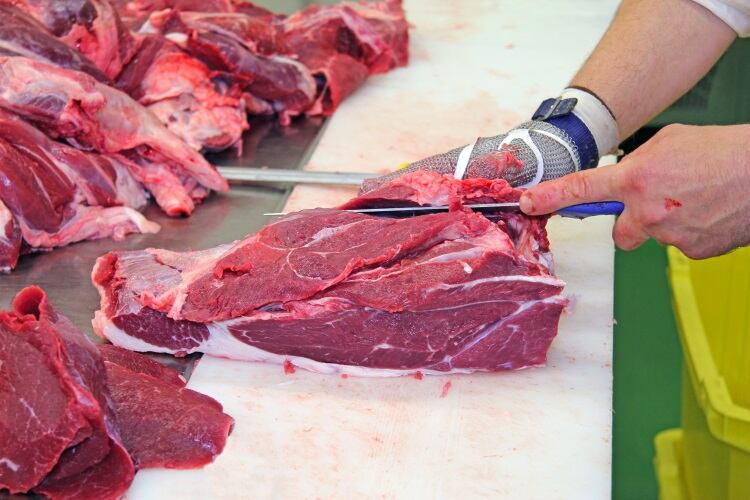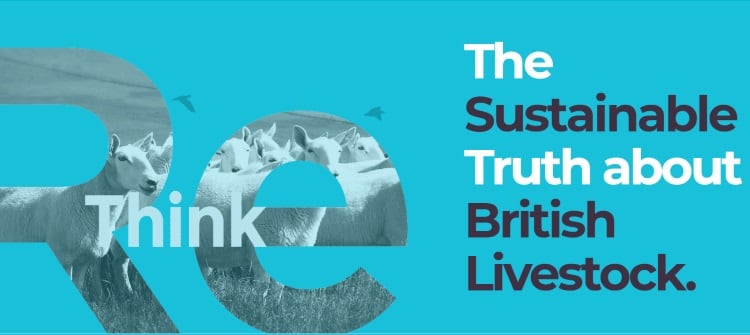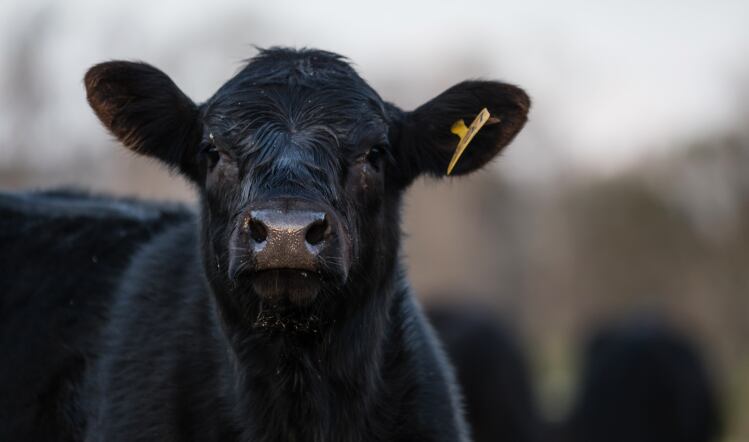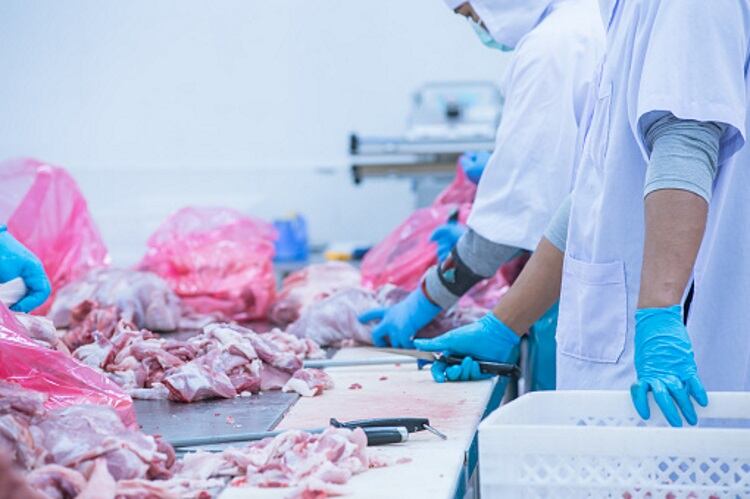The policy, unveiled by UK Home Secretary Priti Patel, would introduce a point-based system that prioritises specific skills, qualifications, salaries and certain professions. It is set to take effect from 1 January 2021 with Patel saying the new system would help “attract the brightest and the best from around the globe”. However the food industry, in particular the meat processing sector, has reacted unfavourably towards it, claiming that it would exclude workers in this sector.
British Meat Processors Association chief executive Nick Allen told GlobalMeatNews that the new immigration points system “will not deliver what the meat industry needs in order to maintain adequate staffing levels”.
“Most meat processing plants are located in areas that have very low unemployment which means the pool of candidates is already small. Couple that with the fact that, for years it has proved extremely difficult to attract and retain British workers because they view the work less favourably than in other countries,” said Allen.
He also criticised suggestions to alleviate any labour shortage the new policy may cause.
“The suggestion that firms should invest more in technology to mitigate the lack of access to properly skilled staff is not easy to apply to meat processing operations. Animals that are sent for slaughter come in all shapes and sizes which means that a standardised, automated process is difficult to develop and implement at scale. The skills that boning-plant workers have mastered are hard, and in some cases impossible, to replicate using machine technology.
“Another suggestion from Government is to improve working conditions in order to attract more UK workers into this career. While this might be possible in other manufacturing settings, the nature of meat processing and the strict rules governing hygiene, temperature control and food safety mean that working conditions are often going to be more challenging.”
He urged the Government to reclassify butchery as an occupation that there is a shortage of. “It is because of the continuing difficulty the meat industry faces in recruiting workers who are both willing to work in the meat industry and have the requisite skills that the British Meat Processors Association is calling for Government to include Butchers as a category on the Shortage Occupation List.”
British Poultry Council chief executive Richard Griffiths said the new policy shows “a complete disregard for British food production and will have a crippling effect on our national food security”.
“I hope the Government understands that the food on their dinner tables is produced in large part by the people who their proposed immigration policy will prevent from coming to this country.
“The current immigration proposals don’t recognise the real needs of this country. Limiting access to labour has the potential to cripple food businesses and make access to quality British food very hard for the vulnerable. 8.4 million people in the UK are still ‘too poor to eat’. Securing British food for future generations must be a national priority. We cannot run the risk of creating a two-tier food system where we import food produced to lower standards and only the affluent can afford high quality British produce.”
Farming backlash
The proposals came under fire from the farming community as well. National Farmers’ Union (NFU) president Minette Batters said there are “several issues within the proposed policy that need addressing, not least the incredibly short timeframe given for businesses to prepare”.
“We have said repeatedly that for farm businesses it is about having the full range of skills needed – from pickers and packers to meat processors and vets – if we are to continue to deliver high quality, affordable food for the public. Failure to provide an entry route for these jobs will severely impact the farming sector,” she said. “Automation will have a vital role to play and we fully support investment in this area, but it is not yet a viable option to replace the number of people we need and farmers will need a practical solution in the meantime. There are also some jobs that simply cannot be replaced by technology.”
Batters also called on the Government for more labour support for the sector. “We are urging Government to commit to delivering a full scheme for 2021, which will enable us to recruit the 70,000 seasonal workers needed on British fruit, veg and flower farms. It is ironic that the government on the one hand is encouraging more people to increase the amount of fruit and veg in diets, yet on the other hand making it harder for that fruit and veg to be produced in Britain.”
GlobalMeatNews will be hosting a webinar on automation and labour in the meat industry on 11 June 2020. For commercial opportunities associated with this webinar, contact Aline Henderson on aline.henderson@wrbm.com.




